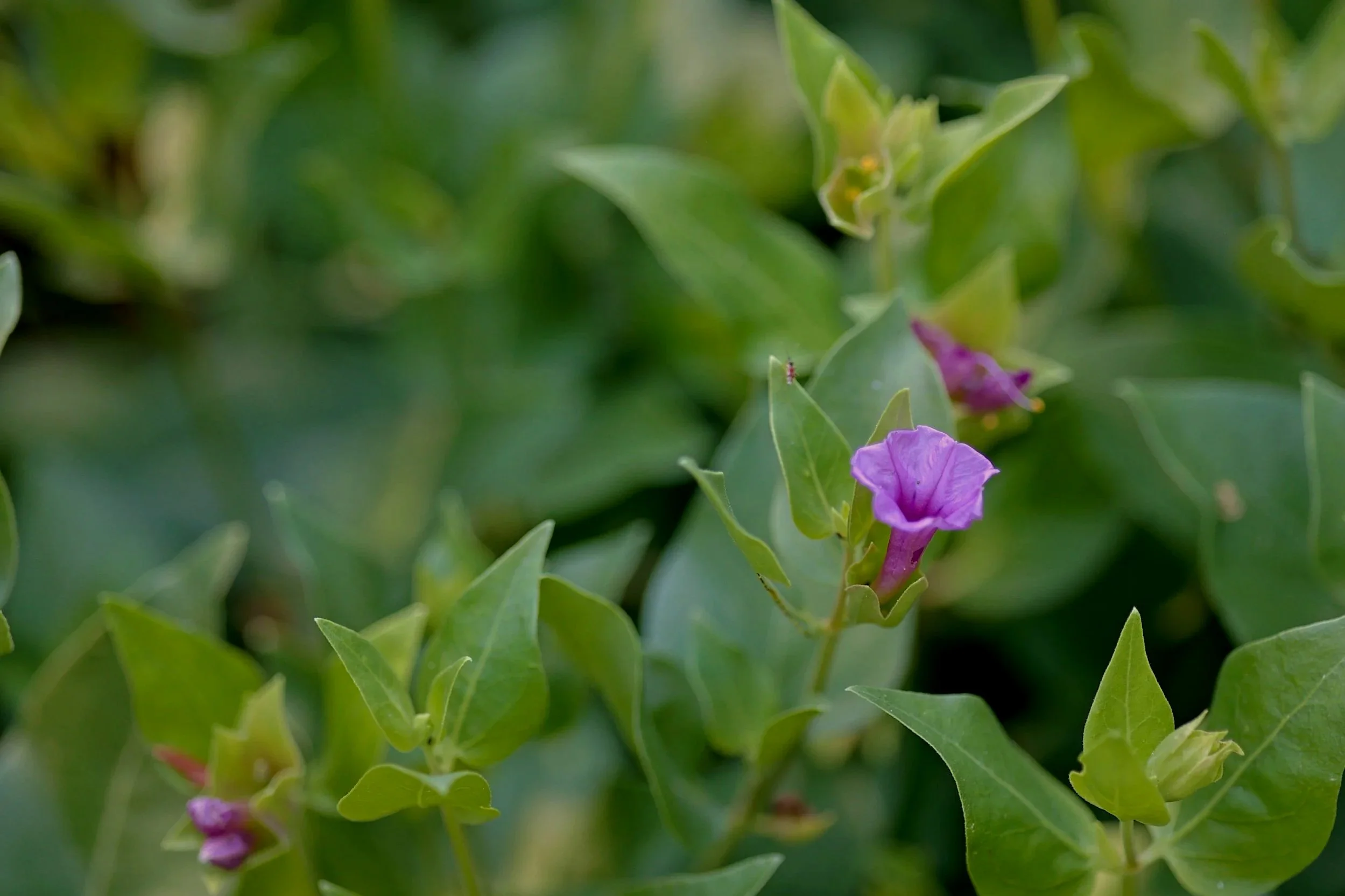Our Philosophy
At Habitat Guild, we do things differently. We believe that every landscape has the power to make a difference—not just for your property, but for the entire community.
We focus on ecology first, designing landscapes that provide habitat for beneficial insects, birds, and other wildlife, while also enhancing a human connection to nature. Every plant is chosen for biodiversity, ecological function, and personal resonance, allowing your garden to evolve naturally over time.
Our approach is organic, thoughtful, and hands-on: seasonal management, hand-pulling weeds, and pesticide-free care ensure your landscape thrives without reliance on invasive or chemical methods. We build soil health, creating sustainable, self-sufficient gardens that grow stronger each year.
The result? Landscapes that are elevated yet purposeful, personal yet ecologically functional, and fully informed by the land itself.
Regenerative Landscapes
Regenerative landscapes are more than just gardens or outdoor spaces; they represent a holistic approach to land management and design that seeks to restore and enhance the ecological health of an area. By harnessing the principles of ecology, permaculture, and sustainable design, our landscapes aim to enhance soil health, increase biodiversity, conserve water, and minimize environmental impact.
Unlike traditional landscaping practices that can often degrade the environment, regenerative landscapes and smaller-scale gardens are designed to actively enhance the health and functionality of ecosystems. By mimicking natural processes and using cutting-edge ecological knowledge, this approach to landscape fosters self-sustaining systems that thrive without the need for constant human intervention.
Beneficial ecological design is a growing movement around the world that has had a slow start in Northern Colorado; we take pride in being a regional leader in designing and installing these unique and productive spaces. We build in Fort Collins, Loveland, Windsor, Timnath, Wellington, Berthoud, and the surrounding areas.
WHY PLANT NATIVE?
Not all plants have the same value in the landscape. In response to widespread drought and decreasing water supplies, the decline of pollinator and songbird populations, as well as rapid loss of biodiversity and natural habitat, homeowners, developers, and municipalities alike have been looking for landscape alternatives to traditional thirsty bluegrass lawns and the rampant use of harmful pesticides.
Not only are native plants desirable for homeowner needs (i.e meet low water requirements, are low maintenance, and provide color and beauty throughout the year) they also provide vital building blocks of ecosystem function. Native plants help build habitat - food, cover, and places to raise young - that beneficial insects and songbirds need to survive. Why? Simply put, these are the flora (plants) and fauna (animals) that have coevolved with one another over millenia. They are interdependent. No matter the size of your project, your property can bolster critical habitat connectivity, promote health, and work toward restoring biodiversity.
Dig deeper into the research from some of our favorite habitat certification programs (Audubon’s Habitat Hero, Homegrown National Park, National Wildlife Federation Certified Wildlife Habitat, People & Pollinators Action Network Pollinator Safe Pledge, and Xerces Society Pollinator Protection Pledge). If you strive to implement any of these programs, our landscape services will help you qualify.
BENEFITS OF OUR APPROACH
Water conservation
We help to minimize your landscape water use while improving local water quality and helping to reduce the strain on the local water supply. This is a win-win that decreases your water bill!
Regenerate biodiversity
The emphasis on native plants and creating diverse habitats leads to thriving, connected, local ecosystems, supporting a wide range of plant and animal species. You’ll attract more pollinators, birds, and other beneficial wildlife to your home.
Human wellness
Native gardens typically require fewer inputs than traditional landscaping, whether it be time maintaining them, water, or fertilizer, giving you more time and saving money to enjoy the benefits of being in nature in your own backyard, all while knowing your landscape benefits the local community.
Aesthetic appeal
Seasonal color, check. Texture, check. Interesting form, check. Regenerative landscapes are visually stunning, showcasing the beauty of native plants and providing tranquil spaces year-round for relaxation and reflection.
Climate change mitigation
By sequestering carbon in the soil and promoting the growth of vegetation, our practices contribute to mitigating climate change by reducing greenhouse gas emissions.





